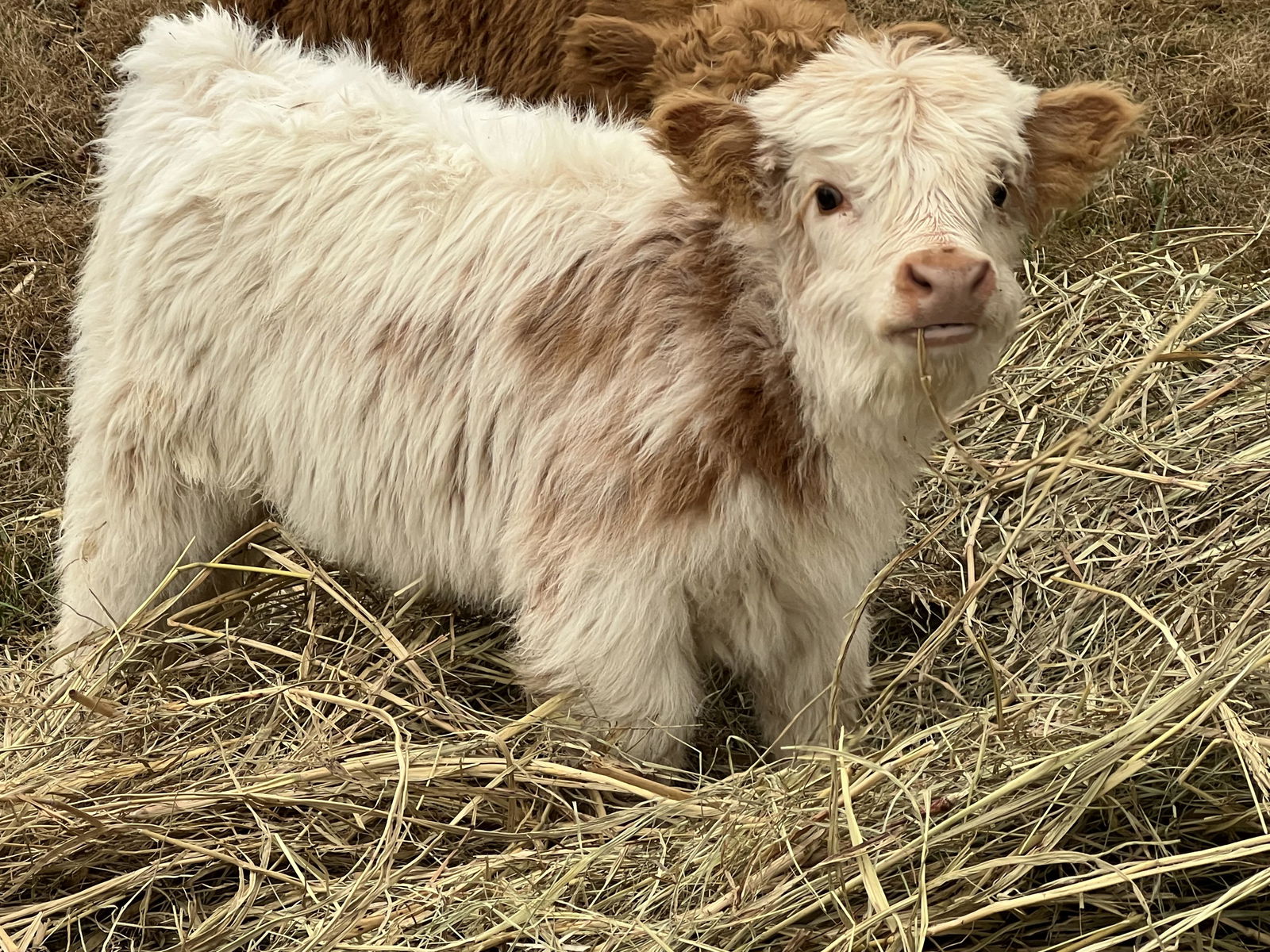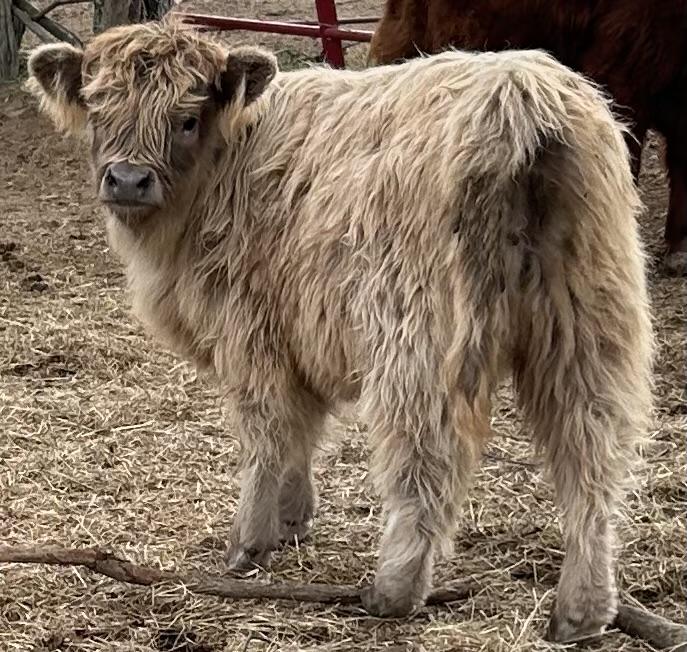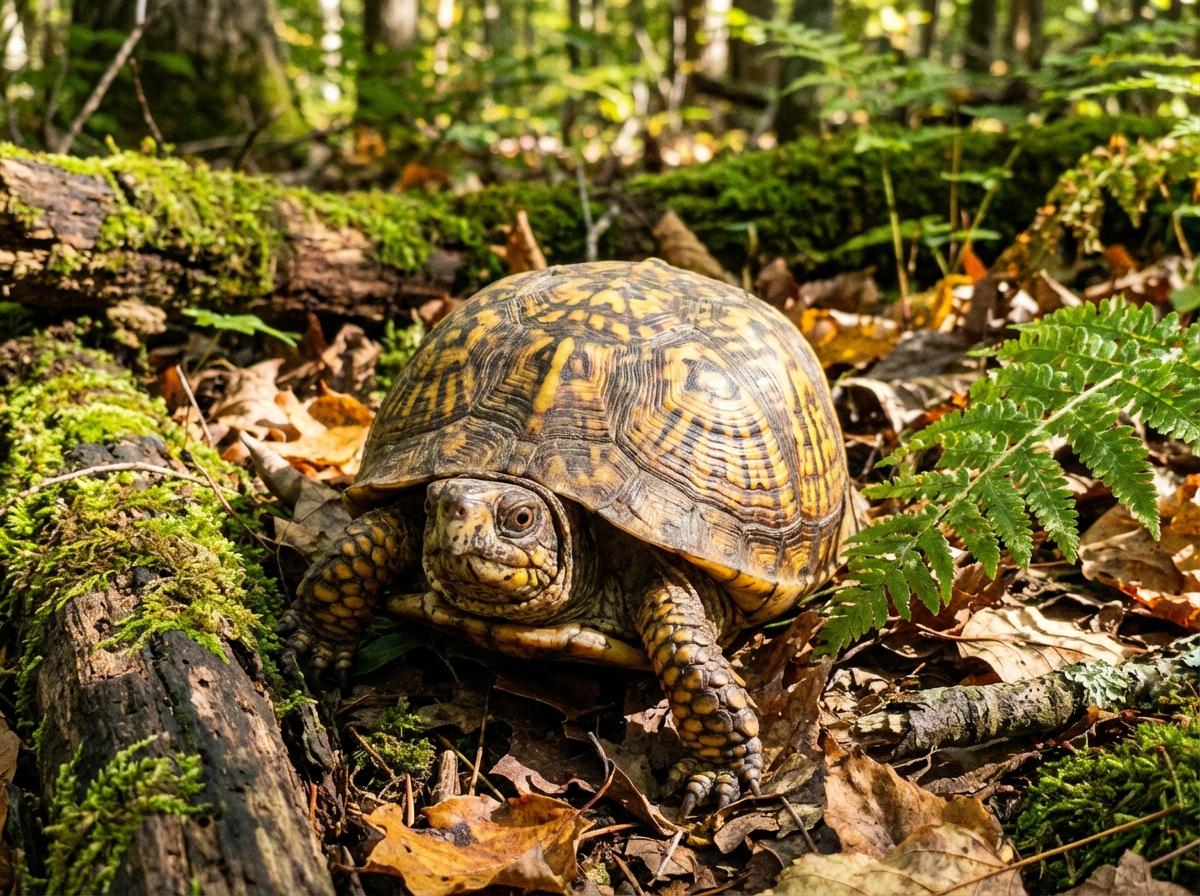
Box Turtle
Terrapene carolina
The Box Turtle (Terrapene carolina) is a terrestrial species belonging to the American pond turtle family, Emydidae. Known for its distinctive high-domed carapace that features a hinged plastron, the box turtle can completely enclose itself when threatened, resembling a tightly secured box. This defensive adaptation is complemented by its mottled shell patterns, usually a mix of brown, black, and yellow markings, providing excellent camouflage amidst leaf litter on the forest floor.
Native to the eastern United States, box turtles inhabit a range of environments, including open woodlands, brushy fields, and wet meadows. They are most active during warmer months and tend to hibernate in the winter. Box turtles are omnivorous, with a diet including insects, worms, fruits, and vegetation. Longevity is a hallmark of this species, with individuals often living several decades, and sometimes exceeding 50 years in the wild.
Box turtles have small, stout legs adapted for their terrestrial lifestyle, and their eyes and snout are positioned in such a way to provide a keen sense of smell and sight crucial for foraging. Unfortunately, the Terrapene carolina is listed as vulnerable due to habitat destruction, road mortality, and the pet trade, necessitating conservation efforts to ensure their survival. With their unique biology and vital ecological role, box turtles continue to intrigue both researchers and nature enthusiasts alike.

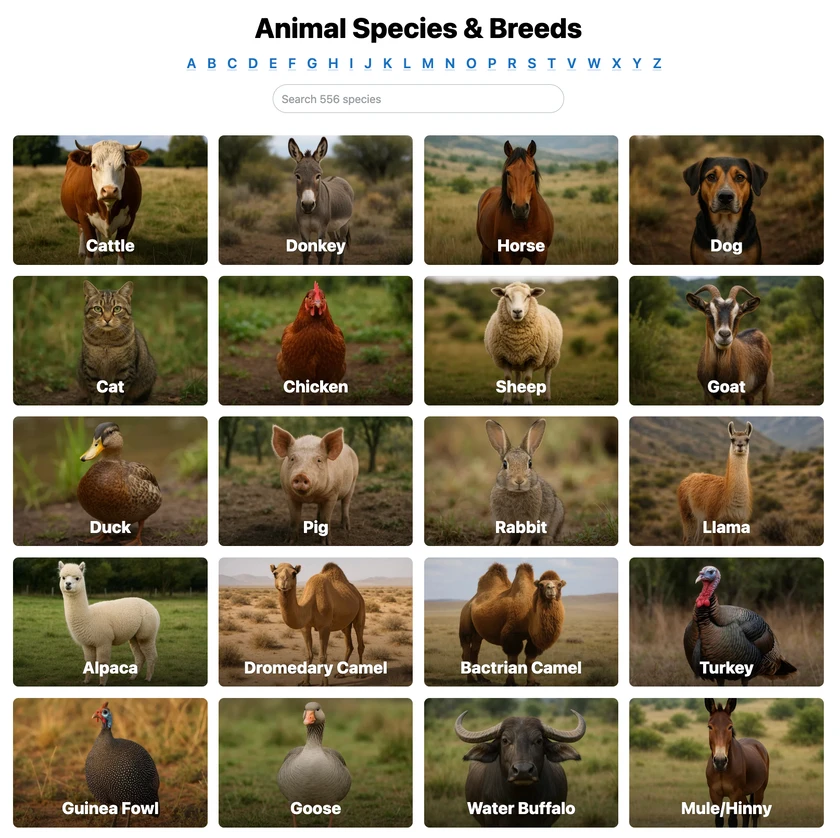 All Species & Breeds
All Species & Breeds
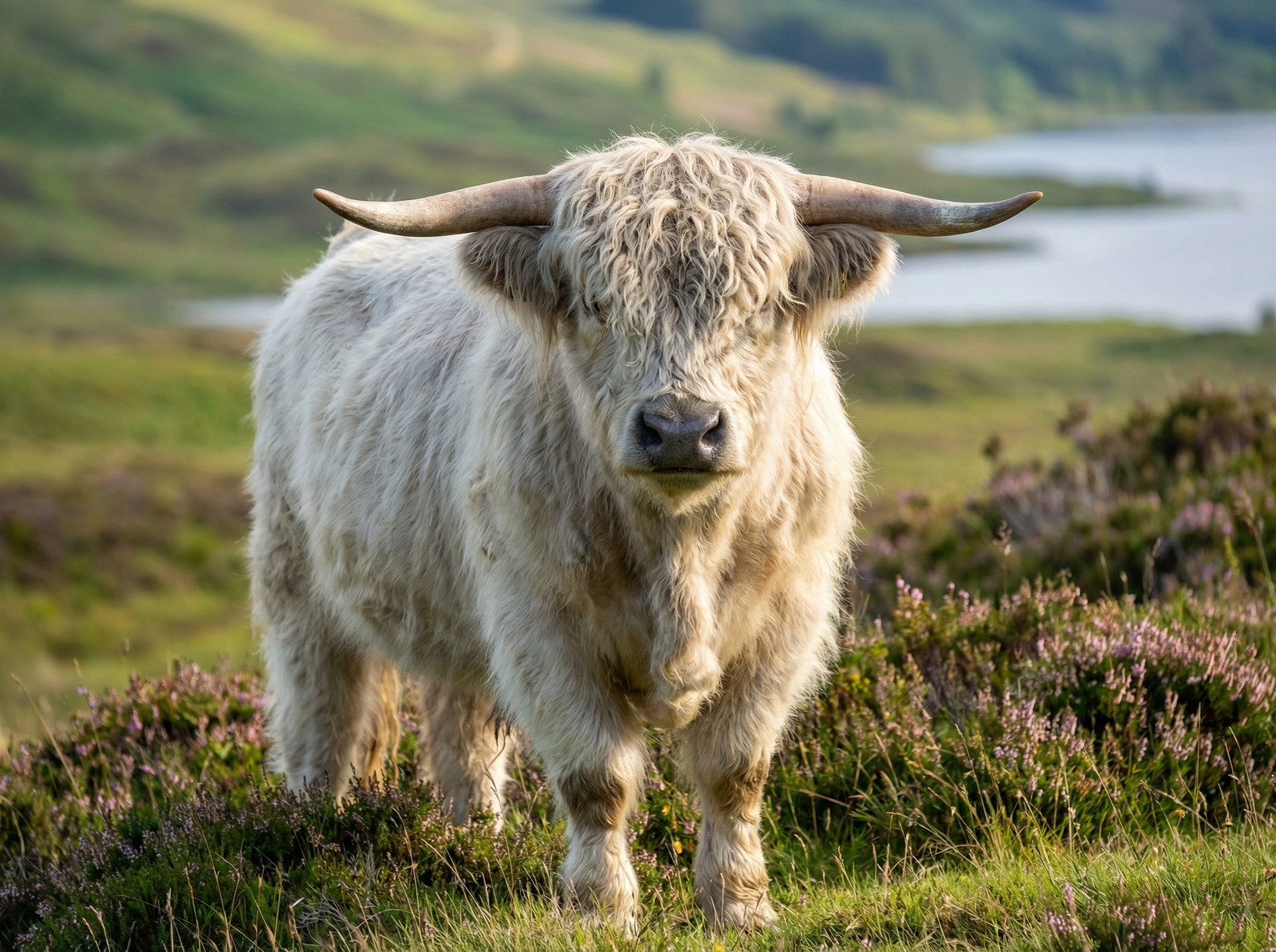 Highland Cattle
Highland Cattle
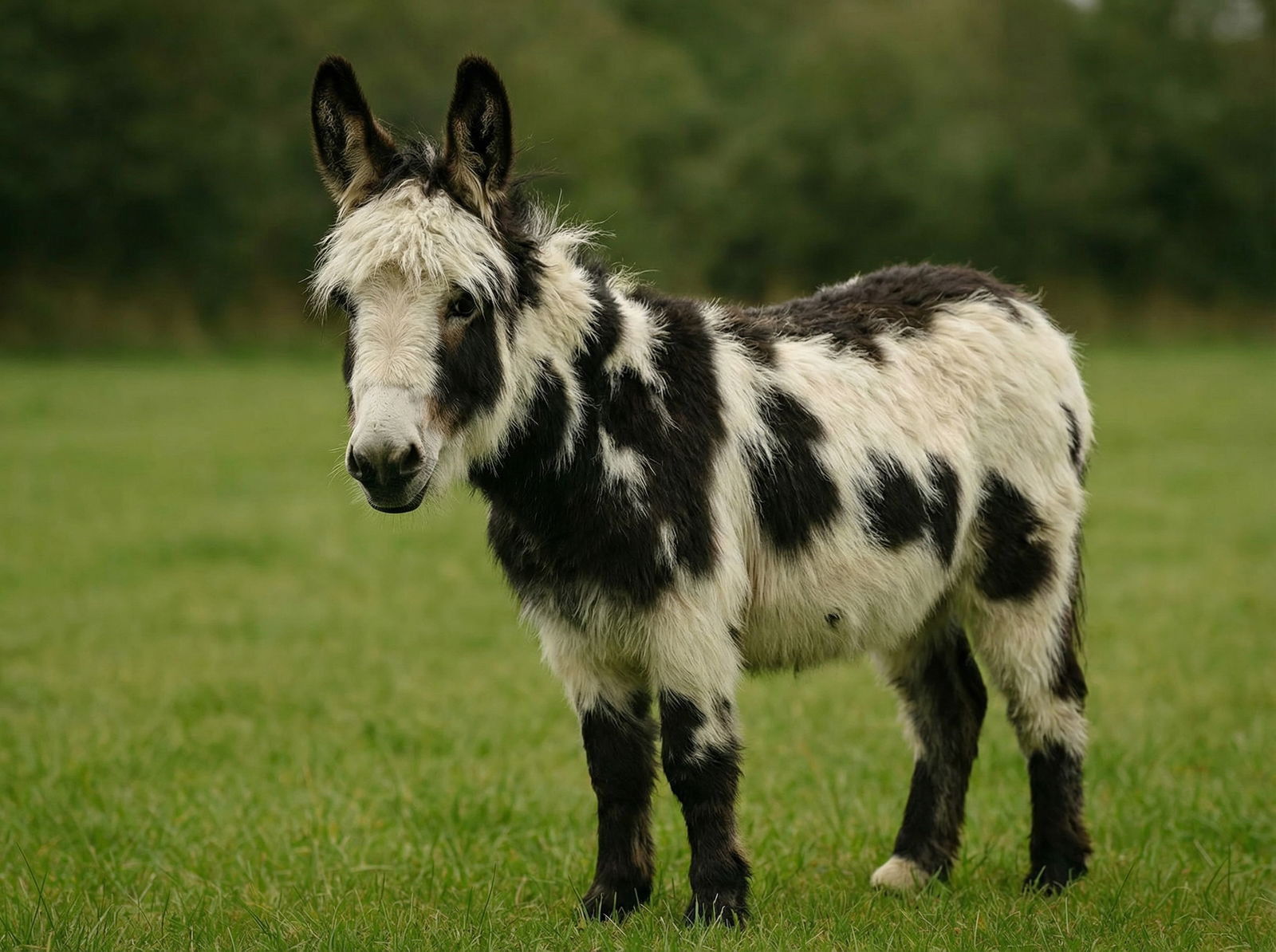 Miniature Donkeys
Miniature Donkeys
 All Species Directory
All Species Directory
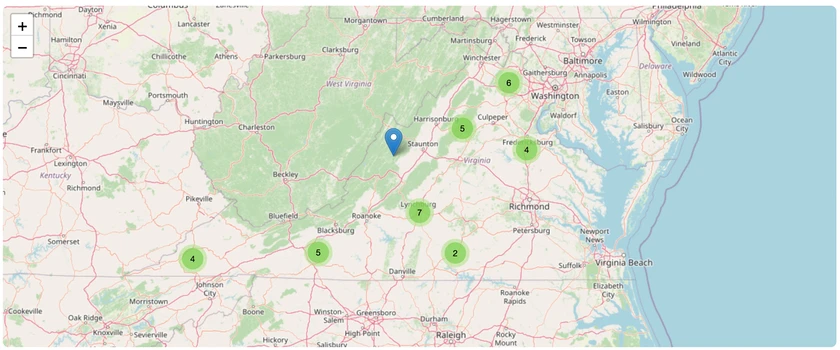 Highland Cattle in Virginia
Highland Cattle in Virginia
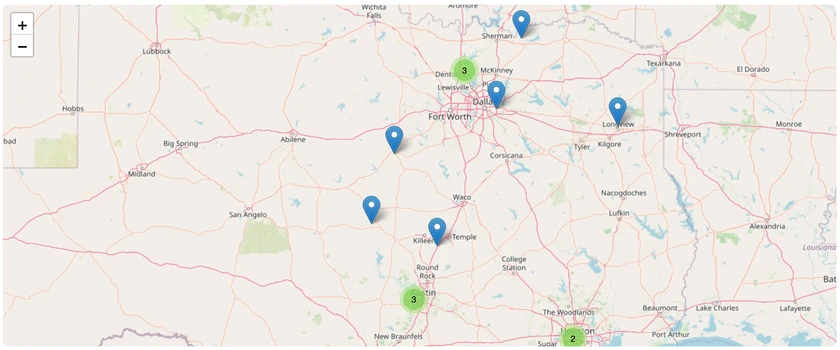 Miniature Donkeys in Texas
Miniature Donkeys in Texas

